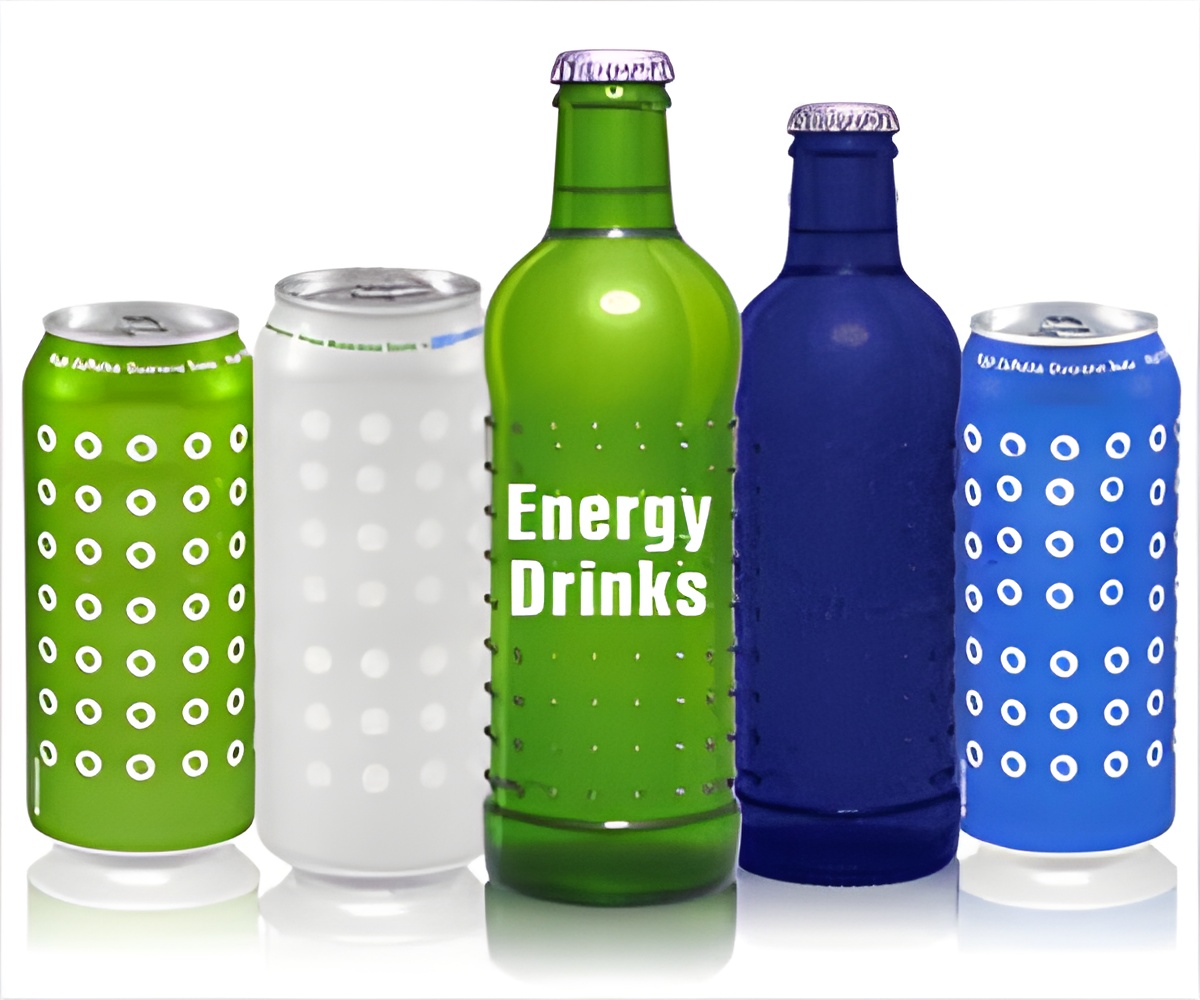Using energy drinks for too many years might increase the risk of substance use or other stimulants.

‘Individuals who regularly consumed highly caffeinated energy drinks, were at risk of cocaine use, nonmedically use prescription stimulants (NPS), and be at risk for alcohol use disorder (AUD) at age 25.’





Participants were recruited for the study while enrolled as college students, and were surveyed at regular intervals to track changes in various health and risk-taking behaviors, including energy drink consumption and drug use. "The results suggest that energy drink users might be at heightened risk for other substance use, particularly stimulants," said Dr. Arria, associate professor of behavioral and community health and CYAHD director.
"Because of the longitudinal design of this study, and the fact that we were able to take into account other factors that would be related to risk for substance use, this study provides evidence of a specific contribution of energy drink consumption to subsequent substance use."
Previous research by CYAHD researchers has documented the relationship between energy drink (ED) consumption and high-risk drinking behaviors, as well as the likelihood of other accompanying drug use, but this study is the first to examine the unique effect of different trajectories of ED consumption on likelihood of later substance use.
Notably, more than half (51.4%) of the 1099 study participants fell into the group with a "persistent trajectory," meaning that they sustained their energy drink consumption over time.
Advertisement
The research singles out ED consumption as the contributory factor because they controlled for the effects of demographics, sensation-seeking behaviors, other caffeine consumption, and prior substance use at age 21.
Advertisement
Members of the "desisting trajectory" group (those whose consumption declined steadily over time) and the non-use group were not at higher risk for any substance use measures that were tested.
While the biological mechanism that might explain how someone who persistently consumes energy drinks might go on to use other stimulant drugs remains unclear, the research indicates a cause for concern that should be further investigated.
Dr. Arria's research group has previously examined the health risks from consuming highly caffeinated energy drinks and she has been a leader in efforts to protect adolescents and children from these risks, which include negative impacts on cardiovascular function or even death.
Unlike soft drinks, energy drinks remain unregulated by the FDA and are not subject to federal labeling requirements to list caffeine content or additional ingredients whose interaction with caffeine is not well understood.
"Future studies should focus on younger people, because we know that they too are regularly consuming energy drinks," Dr. Arria suggests. "We want to know whether or not adolescents are similarly at risk for future substance use."
Source-Eurekalert









